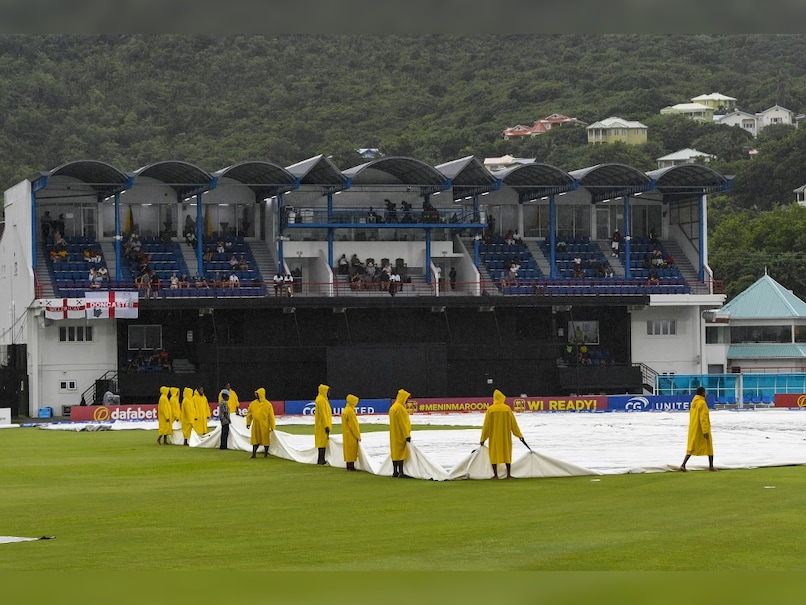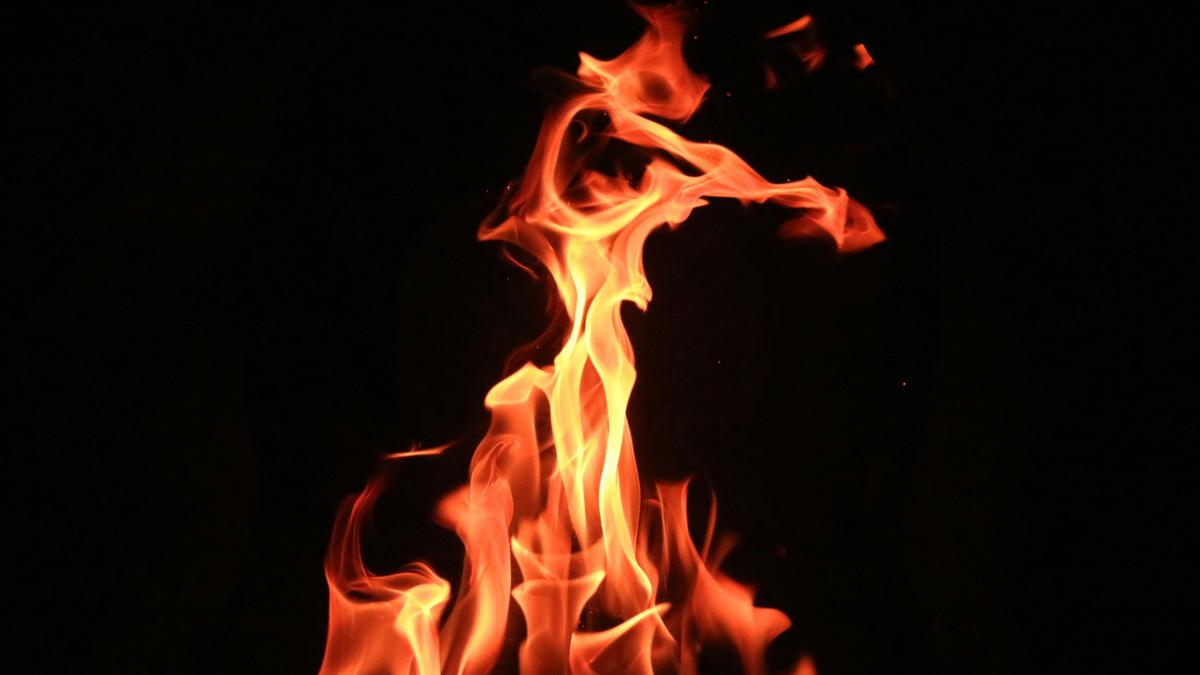GUWAHATI
An evil eye and toxic vibes from a person with bad intent are believed to be among the causes of cancer, a study on the factors influencing delayed healthcare in Meghalaya has revealed.
Nine researchers from the Indian Institute of Public Health in Shillong, the Department of Radiation Oncology of Civil Hospital Shillong, and the State Department of Health and Family Welfare interviewed 37 cancer patients, 12 caregivers, and five healthcare providers between July and October 2021 to investigate the barriers to cancer care in Meghalaya.
Also read |India registered 9.3 lakh cancer deaths, second highest in Asia: LANCET study
The patients were selected from 22,007 individuals who underwent treatment at the Civil Hospital Shillong for the “top five cancers” in the State — oesophageal, breast, oral, cervical, and lung cancer.
The study by Barilin Dkhar, Carmenia Khongwir, Uniqueky Gratis Mawrie, Fellicita Pohsnem, Redolen Rose Dhar, Anisha Mawlong, Rajiv Sarkar, Melari Shisha Nongrum, and Sandra Albert was published in the Indian Journal of Medical Research.
According to the study, caregivers and healthcare providers highlighted the prevalent cultural concepts in the community regarding the cause of cancers, including bih and skai.
“Bih is not an easily translatable word; its literal translation could be ‘poison’, but here, it does not represent poison in the literal sense; rather it represents a concept in Khasi (the language of the matrilineal Khasi community) which embodies a situation associated with an illness acquired after a person has come in contact with or eaten food with/of a person with bad intent,” the study said.
“Likewise, participants used words that represent an insect or germ within, but not necessarily as it is understood in a biomedical sense. Another term used was the word skai, likely equivalent to the evil eye in English, which is believed among Khasis to render one vulnerable to illness,” it noted.
Vulnerable region
Globally, cancer accounted for about 10 million deaths in 2020, and by 2040, the cases are projected to be 28.4 million.
In 2022, India recorded 14,61,427 cases of cancer with one in nine people in the country projected to suffer from the disease in his or her lifetime. Studies have estimated a 12.8% increase in the number of annual cancer cases by 2025, which would be around 1.57 million.
India accounts for about 7% of the global cancer burden with the highest cancer incidence reported from the northeast, including Meghalaya. The new study said the region’s cancer profile includes a high incidence of cancers of the upper digestive tract, including stomach, oesophagus, and hypopharynx.
The study said the oesophagus is the “leading site” of cancer in both genders, followed by hypopharynx in males, and mouth in females in Meghalaya.
“There is high consumption of tobacco, alcohol, betel nut, and other food products such as chilli peppers, smoked meat, and fish in the northeastern region, which are known risk factors for cancers. This is further exacerbated by the low levels of cancer screening,” it said.
“Moreover, studies have reported low awareness regarding the signs, symptoms, and risk factors of cancers in the region, as well as lower adoption of methods for early cancer detection, such as self-breast examination, potentially contributing to delays in diagnosis and poor survival,” the study added.
Cultural underpinnings
An analysis of the interviews showed the perspectives of health and diseases of the tribal population — the Khasis with seven sub-groups, and Garos, comprise 86% of Meghalaya’s 3.27 million people — due to their beliefs may play an important role in the health-seeking behaviour of individuals affected with cancer.
Misconceptions, fatalism, and cultural underpinnings were found to be the main barriers to cancer diagnosis and treatment. Misconceptions included the belief that radiation would roast (syang in Khasi) a patient while the fatalists believed they were destined to suffer.
Bih (poison) and skai (evil eye) were examples of the cultural concepts in the community regarding the causes of cancer, the study said. The terms are so prevalent that some patients believe they got the skai because someone with evil intent looked at them.
Kren jemdaw, which means speaking negatively about a person, was also believed to make people susceptible to misfortune or an illness like cancer.
Among the other factors were hesitancy and perceived stigma. Some respondents said they were uncomfortable about discussing their diagnosis while others believed disclosure could bring bad luck.
“Embarrassment and a sense of shame contributed to perceived stigma, depending on the body parts affected… female patients suffering from breast and cervical cancers expressed these feelings. So, for so many years they try to self-manage,” the study said, quoting a caregiver.
It also underscored the tendency of patients to go for self-medication and over-the-counter preparations. Medical consultation is sought only if self-remedies prove ineffective or if the condition worsens, the study said.
Ten out of the 37 patients interviewed said they sought treatment from traditional healers. The preference for affordable and accessible traditional medicines was more prevalent among the males, the study said.
Published – January 08, 2025 02:54 am IST









